What is Knife Oil? 🔔
It is a product used to lubricate and protect knives from corrosion. Its main purpose is to reduce wear, prevent rust, and keep the knife looking sharp. It is typically composed of either petroleum-based oils or synthetic compounds that help hold in moisture and provide some degree of protection against oxidation.
Types 💡
✅ Mineral oils are the most common type of oil used on knives. They provide a thin layer of protection that will help prevent water and other elements from getting to the blade. Mineral oils are inexpensive, easy to find, and non-toxic – making them a great option for anyone looking for a safe way to maintain their blades.
✅ Another popular type of oil is synthetic lubricants such as Teflon-based products. These offer superior protection against moisture and corrosion but can be more expensive than traditional mineral oils. Synthetic lubricants also provide superior lubrication capabilities compared to mineral oils, making them ideal for knives that see a lot of hard use or extreme temperatures.
✅ Finally, there are also specialized oils available that cater specifically to certain types of steel or specific uses. These can include anti-rust solutions that help prevent corrosion on stainless steel blades; heat-treated oils designed to withstand higher temperatures; or high-viscosity lubricants that provide extra protection against metal-on-metal friction during cutting activities such as slicing and chopping vegetables or meats.
Here is the video about the general information regards choosing the best oil 💻
Benefits 🔥
Oiling knives regularly provides several important benefits for maintaining performance and extending the life of cutlery. Unlike other tools, knives are constantly exposed to moisture, acids, and debris that can wear down the metal over time.
✴️ Applying a thin layer of special oil creates a protective barrier against corrosion and rust. The oil penetrates into pores and crevices in the steel, displacing water and oxygen to inhibit oxidation. Common food acids found in fruits, vegetables, and meats will also gradually etch knife edges; oil helps counteract this effect.
✴️ In addition to protection, oil also lubricates the blade to reduce friction. This allows for smoother, easier cutting and slicing with less required pressure. The oil’s slipperiness minimizes drag as the blade moves through food. Lubrication is especially helpful for pocket knives where it can improve the motion of openings/closings and prevent joints from sticking. For kitchen use, less friction also means the edge stays sharper for longer. Oil fills in micro-abrasions on the cutting bevel to minimize further dulling during use.
✴️ Proper lubrication further conditions and maintains the suppleness of the metal over time. Oil seals in moisture to prevent knives, especially carbon steel, from drying out. This keeps the blades from becoming brittle so they continue to flex as intended without chipping or cracking. For these reasons, regular oiling is considered essential by knife enthusiasts and chefs for the peak performance and longevity of a knife’s edge.
Precautions 🎯
📌 First and foremost, any knives that are to be treated with oil should be thoroughly cleaned before application. This will help remove dirt, debris, or rust that might interfere with the oil’s efficacy.
📌 Additionally, the area where the oil will be applied should also be cleaned; this should include wiping down surfaces with a damp cloth and making sure that surfaces are completely dry before applying the oil.
📌 It is also important to select an oil specifically formulated for use on knives, as some generic lubricants or cleaners may contain chemicals which could damage the blade’s steel.
📌 Furthermore, it is best to avoid applying too much oil at once as this can cause residue buildup that can affect performance and ultimately lead to corrosion or rusting of the blade.
📌 It is essential to store knives properly in order to maintain their quality and ensure longer life; this includes keeping them away from moisture and heat sources.
Best Knife Oil | Knife Oil Review
Best Knife Oil Review
1# UltraPro Food Trade Mineral Knife Oil
Tired of rusted knives or dirty surfaces and cutting boards? This stuff is a perfect solution for you! Don’t throw your money for all those small bottles with pricey conditions that are mostly made of mineral oils. Your best purchase is this gallon of goodness. This product is a great price for quantity and quality. Based on our own experience it also works great for treating wood and bamboo cutting boards preventing them from cracking or bacteria spreading, making them last longer.
And of course, it can do the same for your skin, because mineral oils are commonly used in personal and pharmaceutical care for moisturizing skin and preventing dryness. This mineral oil has no odour, taste, or colour so you can safely use it for any surface and purpose, even as a baby oil substitute.
2# Daiwa Reel Knife Oiler
If you are worried about your pocket knife becoming rusted but cleaning or applying oil is challenging, you should probably purchase this fantastic item. Thanks to a thin applicator needle it is easier now to reach the smallest parts of folding knives by taking them apart and keeping your equipment in wonderful shape. Forget about asking for help when applying lubricant – after getting this you will be servicing your pocket knife yourself.
This applicator puts a tiny drop of lubrication exactly where you need it to. Filled with high-quality oil which is thick enough to stay in pivots and small pieces without leaking in your pocket. Thanks to container transparency it’s easy for you to understand when you need to order another one.
3# HOPPE’S Lubricating Knife Oil
Do you need Lubricating oil, but only have one or two knives and worry that it can expire? No more worries with this wonderful long-lasting Hoppe’s precision oil that will serve as long as you need it to. You can use it with any type of equipment – it will do its job spectacularly. Thanks to high viscosity it will do its job spectacularly without spilling out and working great under high heat and pressure, which is also perfect as a gun grease. No more rusted knives, coat them with a little amount of oil, and whip them down in a few hours – it will be coming right off.
Our research has shown that with a great tiny applicator, which is perfect for getting the right amount of oil, you can reach every part of your equipment and be sure it’s lubricated well. The bottle is very compact to easily fits in your field kit and with a good quality rubber tip cap, you should not worry about leaking. It also works great as firearm oil and does not harden over time, thanks to its high viscosity. This is an inexpensive purchase you will never regret.
4# Victorinox Multi-Tool Knife Oil
If you want to keep your knives at peak performance, this multi-tool oil is formulated to lubricate your tools and protect them against corrosion. Forget about hard-to-open pocket knives – just a drop of this oil ensures that it will work as smoothly as new. It might appear as a high price for this little amount, but it is really worth it and will last you as long as your beloved knife.
Treat your equipment and return the favour for helping you in extreme situations. You will need only one tiny drop to get a result immediately, so the content will be enough for a long time. It is completely food-safe so be bravely use it with cooking knives.
5# Pro Shot Zero-Friction Needle Knife Oiler
The best option to buy if you want to take care of your folding knives and be sure it’s fully protected from corrosion. This tiny precision applicator is a must-have for knives and gun owners. This oiler is very easy to use and thanks to the long needle it allows access to most details without making a mess. Even though it is only a one-ounce bottle, it’s a large amount of product cause you only need a tiny drop to get a wonderful result.
With this needle Oiler, there will be zero waste, you won’t even notice that it was used. The cap is so tight that you can boldly keep it in your backpack or kit without worrying about spillage or leaking. Don’t be afraid to use it in extreme temperatures – this lubricating oil is made to perform its best in cold or heat.
6# Sentry Tuf-Clide Needle Pen
Make your tools running longer preventing rust with this dry lubricant. Thanks to being pen-style it is really easy to carry if you travel a lot and want to be able to keep your gear clean. With the help of a thin needle applicator, it will be a perfect help with the pivots and inner details. This dry lubricant might appear too thick and take more effort to apply but you’ll find out it is definitely worth it. Just a few small drops and you immediately get a result – a really smooth functioning and cleaner surface.
Needle applicator puts a little amount directly where you want it to without making a mess or overusing the product so it will last you for years, just be sure it is every couple of weeks so it would not clog. Leaking proof cap makes tools secure from spillage and perfect when travelling. Despite being reliable when it comes to knives or guns, it can also do a great job with household equipment with moving parts.
7# Kershaw Knife Oil
Do you want to stop worrying about preventing your knives from corrosion and ensure smoother use? Take a look at this portal small, yet long-lasting as long as it needs only a tiny drop, the bottle is a must-have in your backpack or toolbox for taking care of your equipment’s blades. A really small amount applied from a precise dispenser will be enough to lubricate knife pivots and prevent the blade from rusting while storing.
For those who like hiking, camping, or fishing and are just fans of foldable knives this might be the purchase – it will keep moving parts working smoothly while space-saving and the compact bottle is easy to carry and use whenever necessary. It is non-toxic and perfect for any kind of cutting instrument.
8# Lansky Nathan’s Natural Honing Knife Oil
If you are looking for something that will carry away dirt and debris from your knives and make sure the blade stays keen for a long, you need to purchase this honing oil. You only need to rub a tiny drop on each side of the blade and immediately, in only ten minutes, your knife will be working as it never did before. Our findings show that this oil might not be the best option for sharpening kitchen knives, but it is wonderful for pocket and other travelling knives.
Used on the sharpening stone, the oil protects it and keeps all produced debris away, making the edge keener. If you often use sharpeners and bench stones you should include this little bottle in your travelling kit. And trust me – it will last you for years.
9# KPL Knife Pivot Knife Lube
Say «no» to dirt, and metal parts, KPL will clean out everything on your spigot after you apply it. This synthetic lubricant is perfectly designed specifically to make a pivot in folding knives work as if they were just bought. While the original is more liquid and provides smooth action in mechanisms, the heavy one has a higher viscosity, making it perfectly designed for knife detents. Its gel-like structure and that is why it easily stays put near moving parts.
It provides slower, but yet super-smooth action. It works best with heavier knives and blades. Do not worry about using it in any conditions – it is completely washout resistant and will be a great temperature-proof helper (it will remain perfect results from -40F° to almost 400F°). KPL will immediately make a visible difference between before and after using it. The applicator does its job and dispenses the right amount, giving you great control. The lubricant also has a wonderful aroma and you will catch yourself enjoying the amazing vanilla-like scent of your knives.
10# Thirteen Chefs Knife and Honing Oil
There is nothing more important to the chef than his high-quality knives. When investing in good quality tools it is important to think about keeping them in good condition for a long time. This food-safe, non-toxic knife oil is a must-have if you want your knives to last for years without becoming rusted. By applying you create a barrier that protects the blade from being ruined by humidity or oxidization of steel. It is made of completely safe and certified food-grade ingredients and will not leave any strange taste, colour, or odour.
Despite being a great formula for regular application on kitchen knives, it can easily and effectively be used as a honing oil for sharpening your blades with wet stones. Using it while sharpening will successfully protect knives from debris and other dirt making them sharper than ever and showing all their potential. As long as only a tiny amount is required, this 12 oz bottle will last you more than a year with regular use.
BONUS: #11 Citadel Black 100% Natural Food Safe Knife Oil
This oil is perfect for displacing water efficiently and protecting your knives against rusting and heavy wear by covering the blade with a thin oil barrier. With a dropper applicator, you can perfectly measure the right amount of oil to apply on the blade surface. After purchasing it you would be amazed not only by its high-quality oil but also by its packaging design. Working in the kitchen requires having perfectly sharp knives, as long as a dull and dirty blade can lead to unexpected accidents. Use this oil after sharpening and will protect the edges on your blades and ease the cleaning after working. Make your work easier by taking care of your equipment with this completely food-safe knife oil and forget about corrosion forever.
How To Oil A Knife 📚👓
1. First, make sure your knife is clean. Before you start oiling it, give it a quick wash with some mild dish soap and warm water.
2. Pat the blade dry with a soft cloth or towel. Do not rub it vigorously as this may cause damage to the blade’s finish.
3. Once the blade is dry, apply a few drops of high-quality oil onto the blade using a cotton swab or rag. Be sure to spread the oil evenly across the entire surface of the blade so that no spots are left untreated.
4. Let the oil sit on the blade for 10 minutes before wiping off any excess with another soft cloth or rag. This will help ensure that all parts of the blade are adequately coated for optimum protection against corrosion and rusting.
5. After you have wiped off all excess oil, store your knife in a safe place away from heat or direct sunlight which can cause oxidation over time if left unchecked.
Please watch this video to learn more information 📺
FAQ 🧩
Conclusion 🎉
I hope that with our help you will find an Oiler or lubricant that suits you best. Keeping your knives at their best performance is simple and easy. With regular oiling, even the priciest option will pay off when you get a result, but in our list, you can easily find a product for every budget because a higher price doesn’t mean better quality. When it comes to maintaining high performance and long-lasting, you need to choose the oil that fully suits your needs. I hope that you will be able to choose the ideal oil for your beloved knife with our list of best oils. 😊📍
Best Pick:
Tags: #Knife #Oil #Best #Sharpening #Painting #Blade #Spill #Review #Slick

Thanks to my intense childhood and a few decades of experience I can now choose the best equipment for any adventure waiting for me to dive in. And after all, I have been through, I want to share my knowledge so more people could join an enjoyable and breathtaking trip to discovering magical nature around us. Forget about five-star hotels and treat yourself with thousands more in a cozy camping trip!
Read more about our team of expert authors.
Affiliate Disclosure: Rotorm.com sometimes gets paid for listings, through sponsors or affiliate programs like Amazon, Optics Planet, Lucky Gunner, Brownells, Cabelas, Rainier Arms, 5.11 Tactical, Bass Pro Shop, etс. Clicking a link helps keep Rotorm.com free, at no extra cost to you!
About the author: Each article on our site is written by experts in survival and tactical equipment, gun enthusiasts, extreme travelers, military, law enforcement and desperate professionals, read about the author at the bottom of the article or visit "About Us" page.
Note: The views and opinions expressed in this article are those of the authors and do not necessarily reflect the official policy or position of any agency.

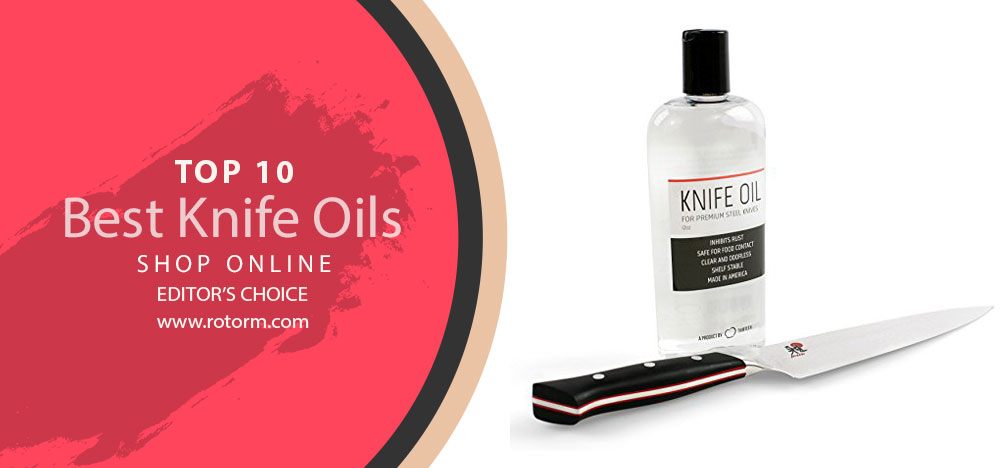
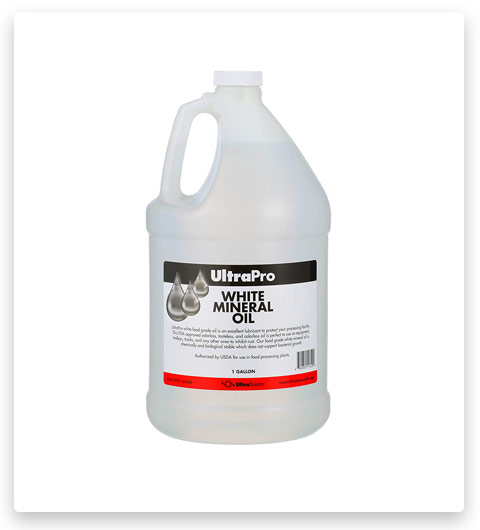

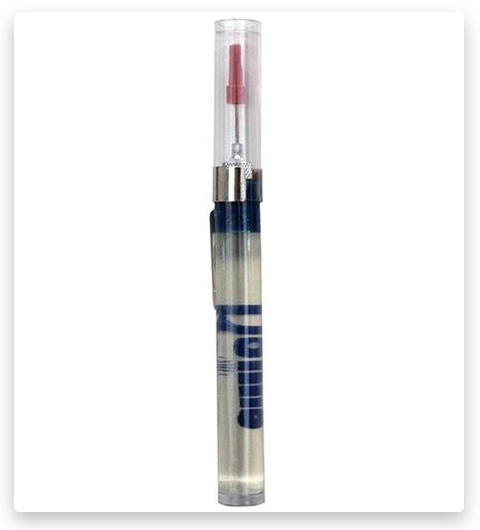
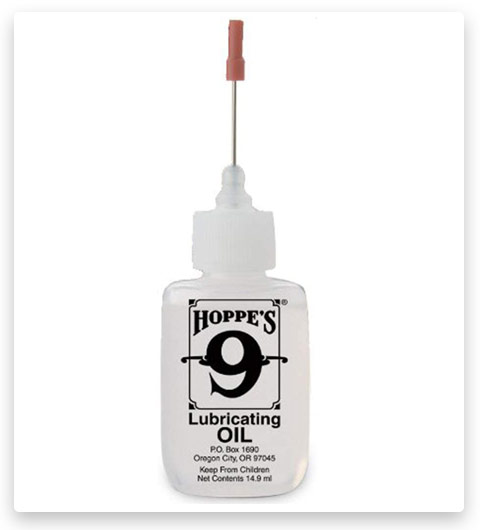
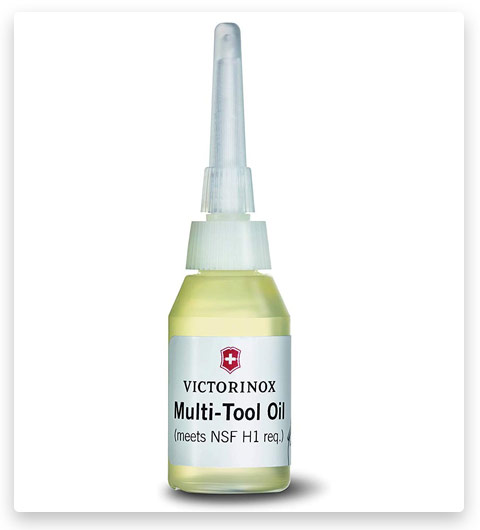
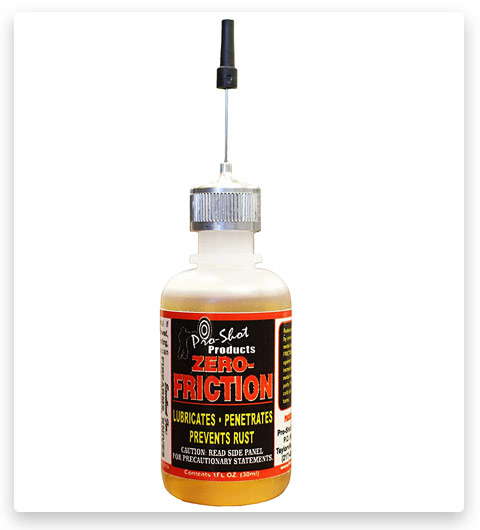
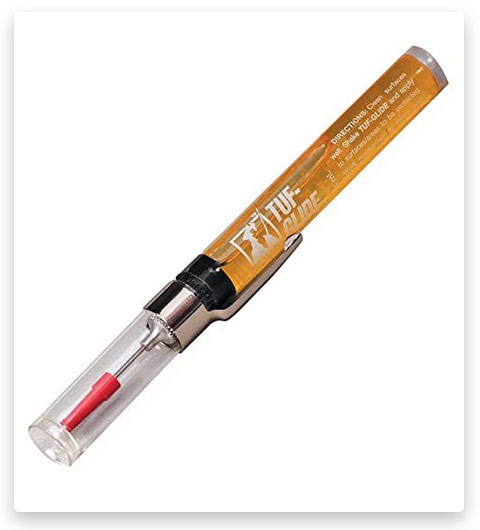
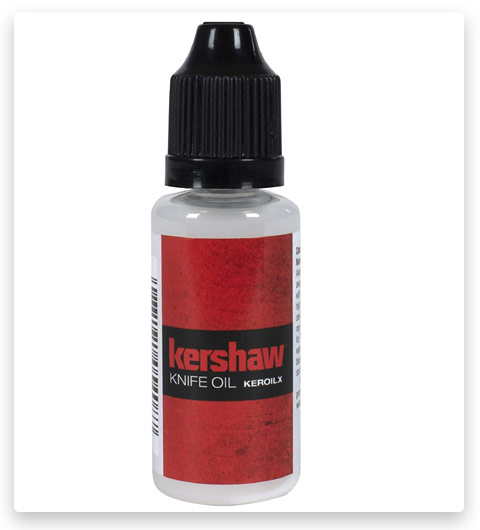
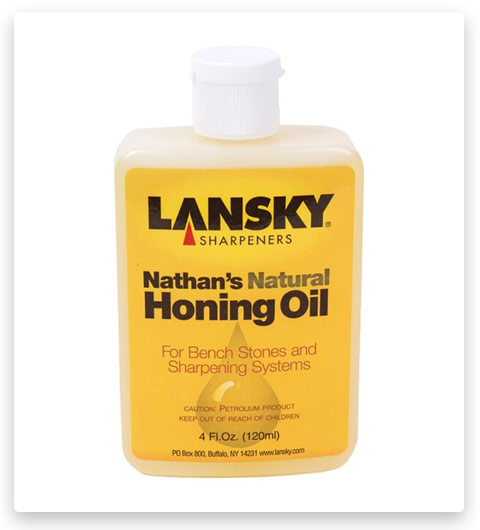
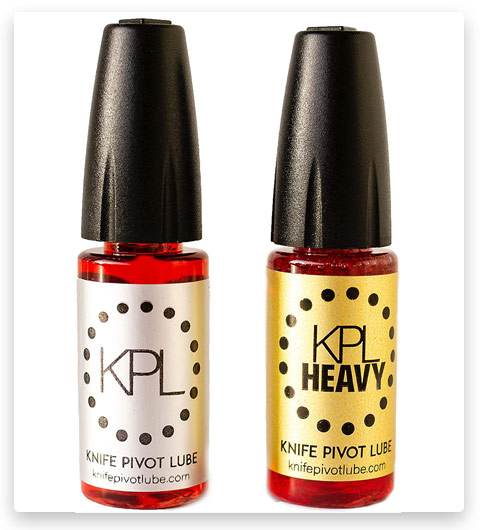
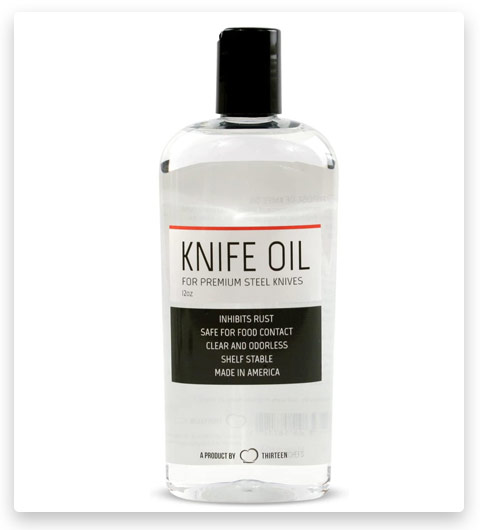
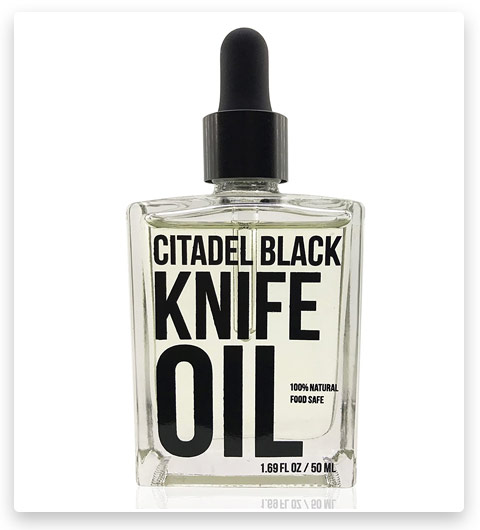
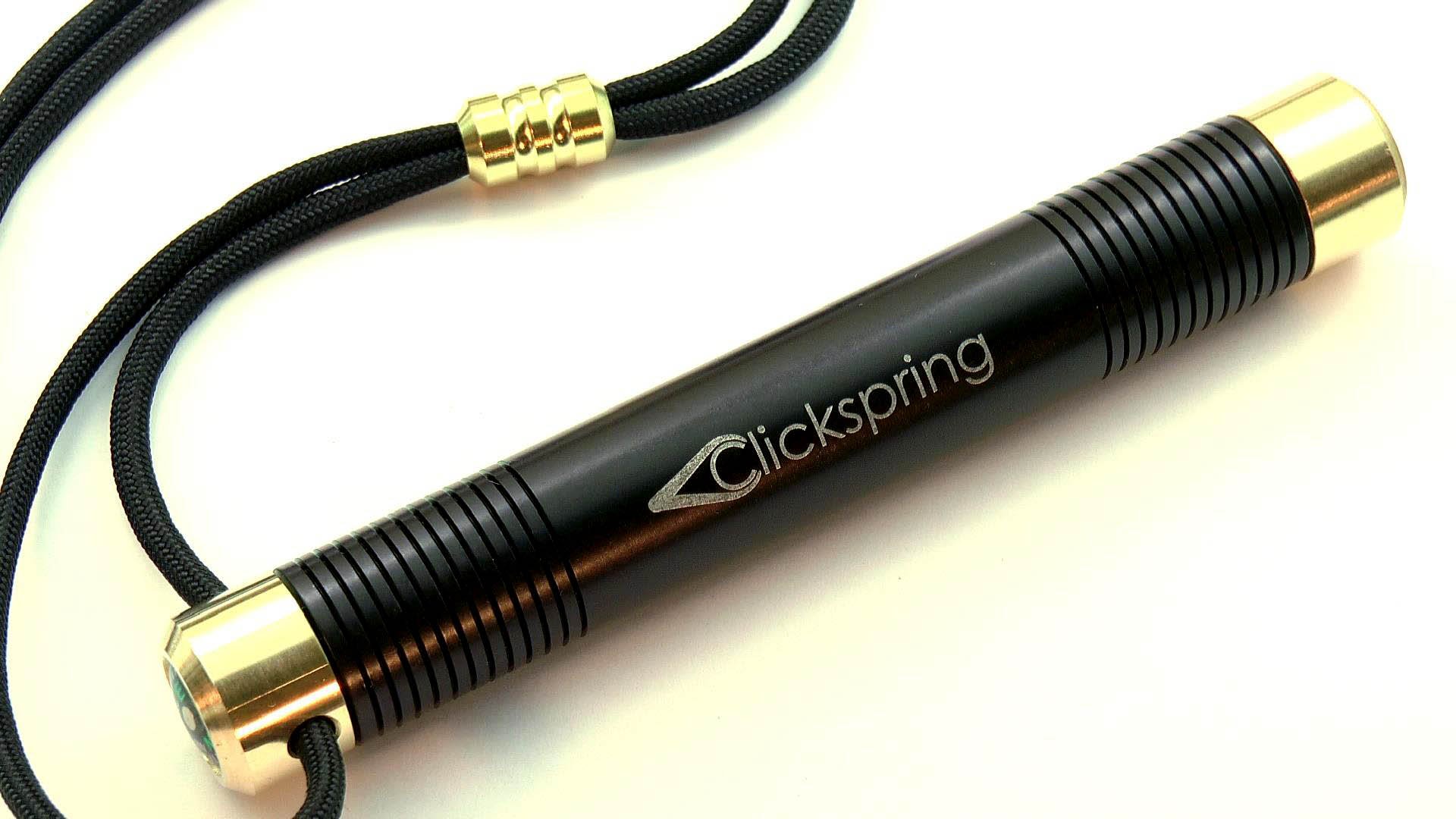

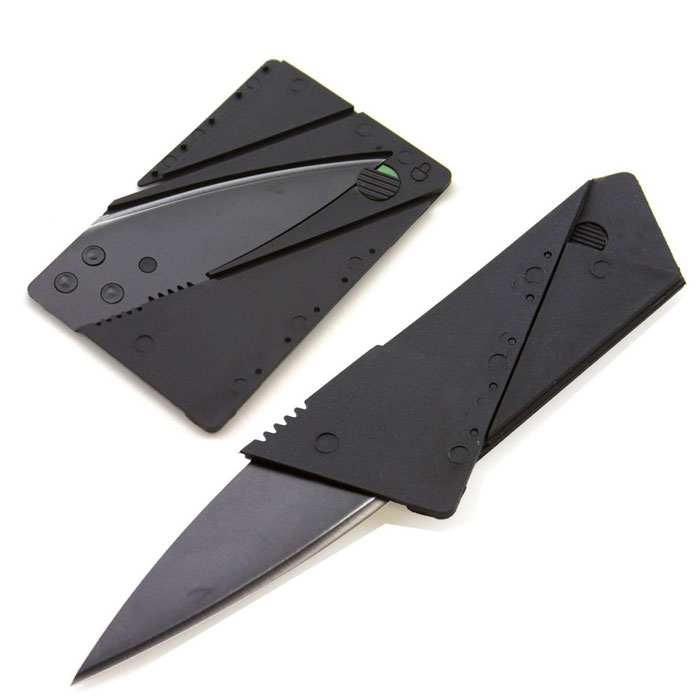
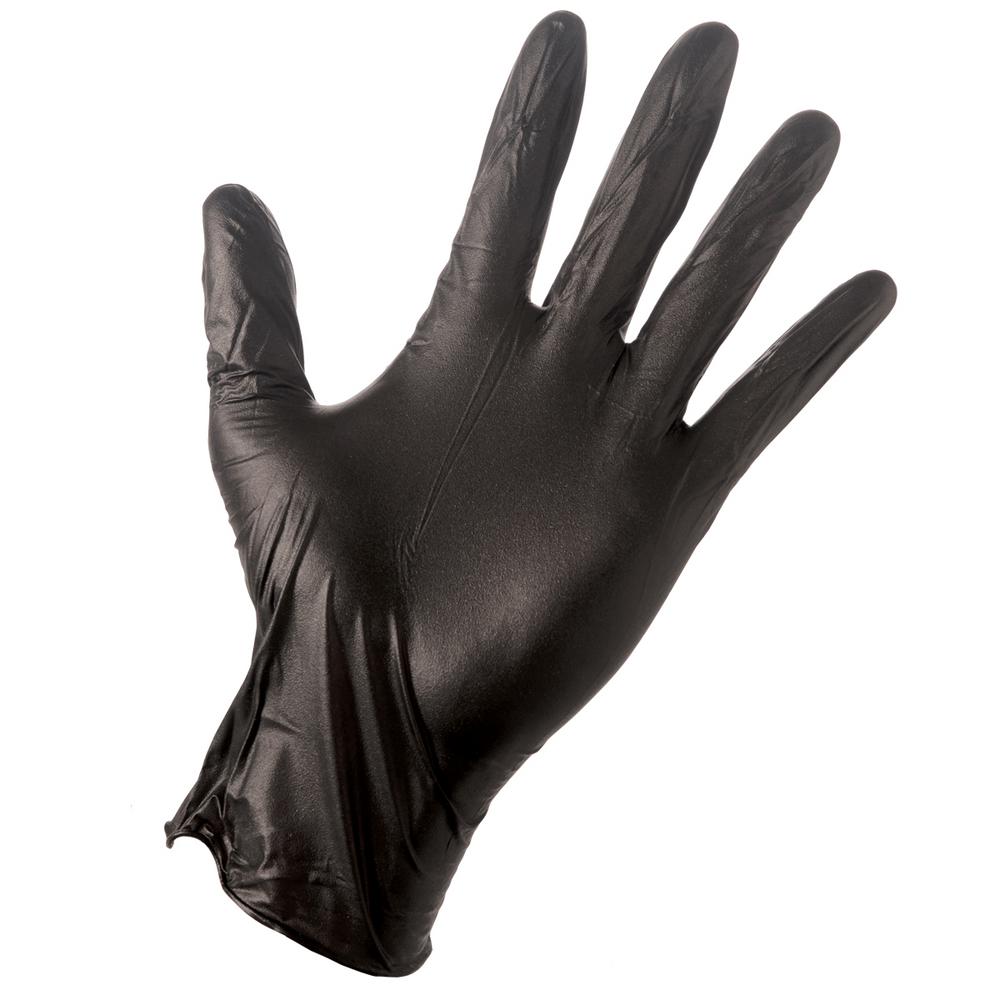
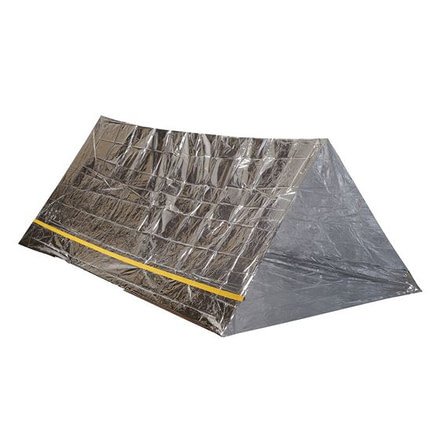
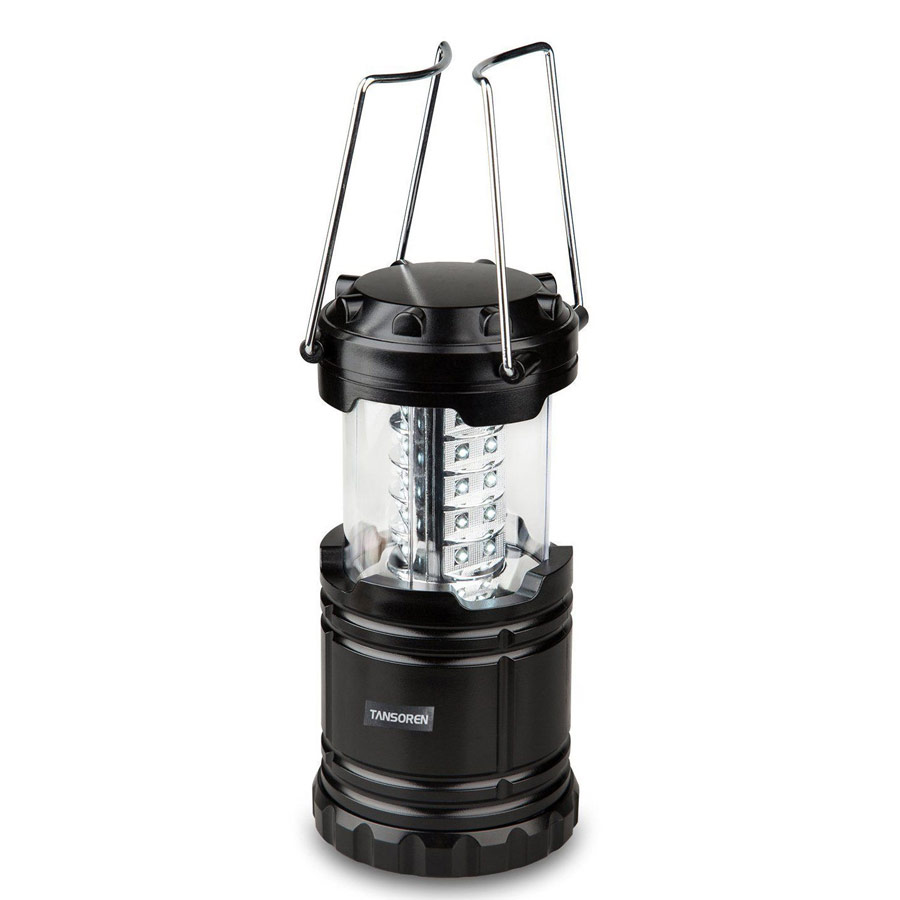

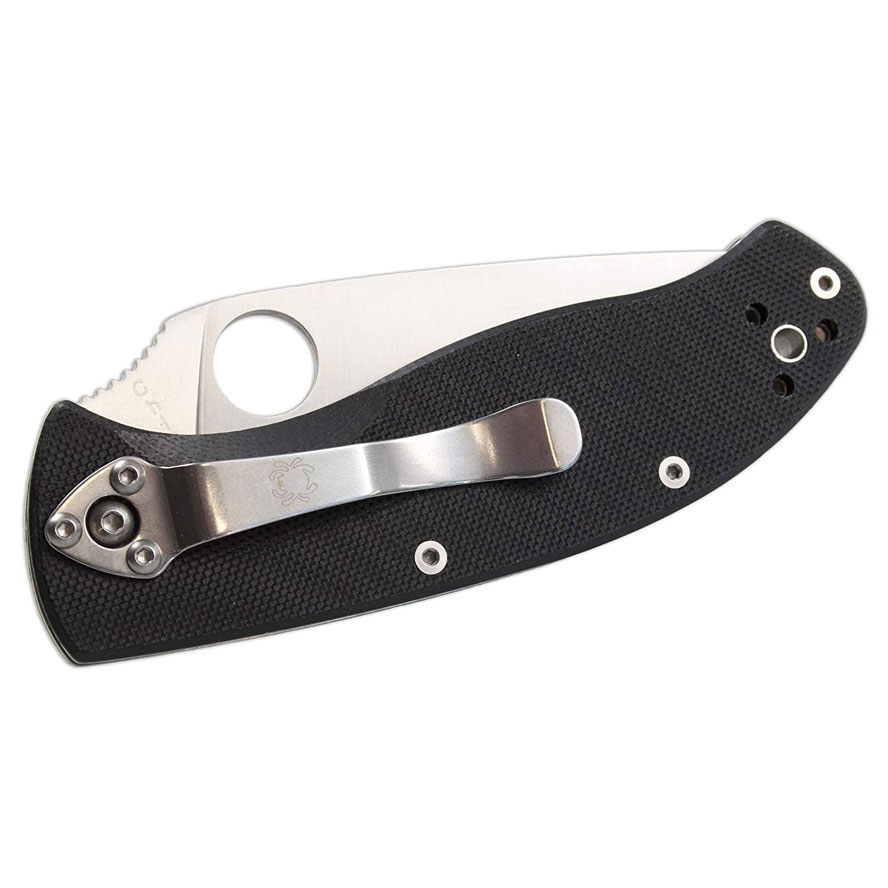
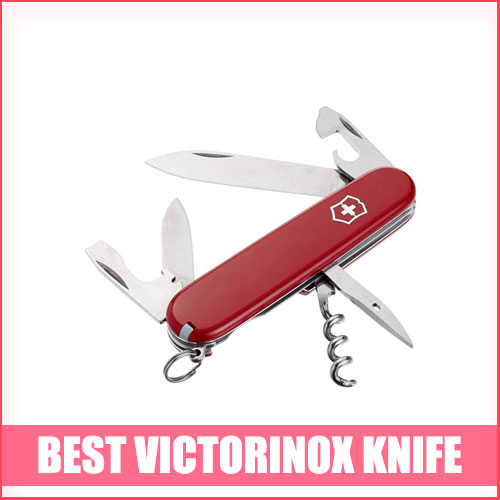
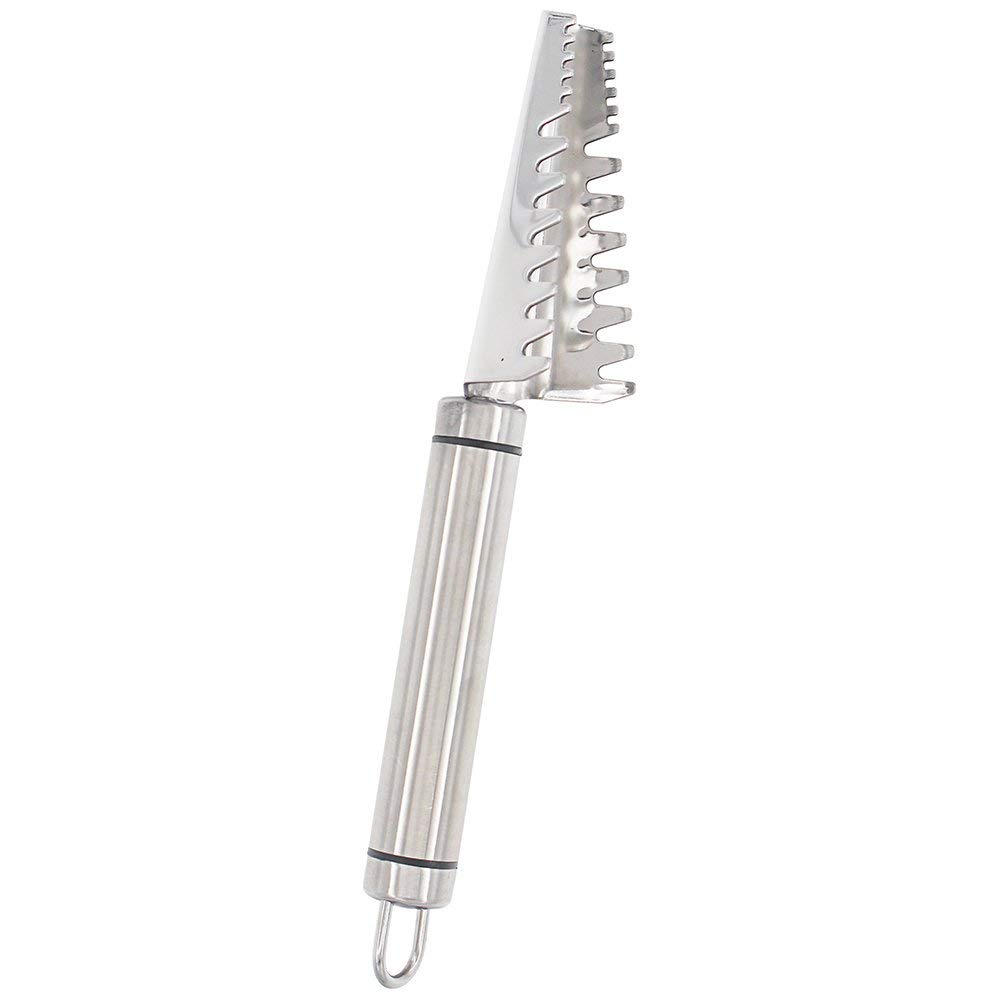
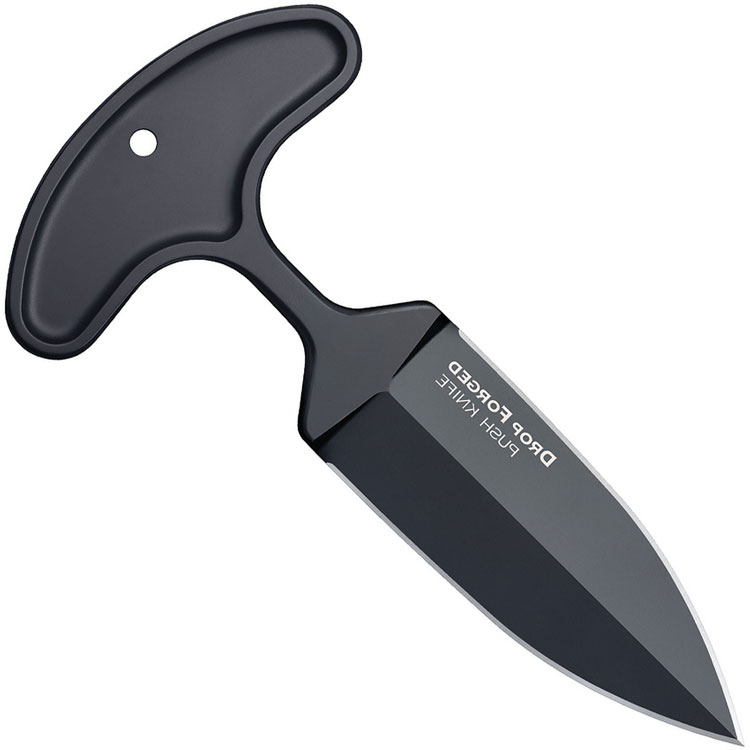

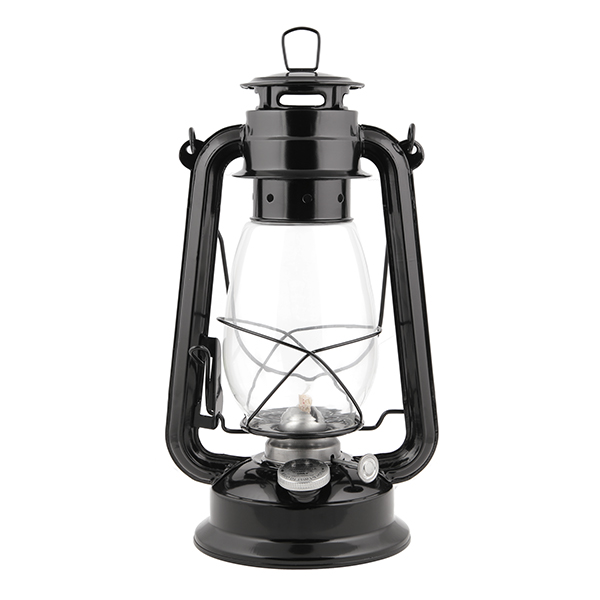
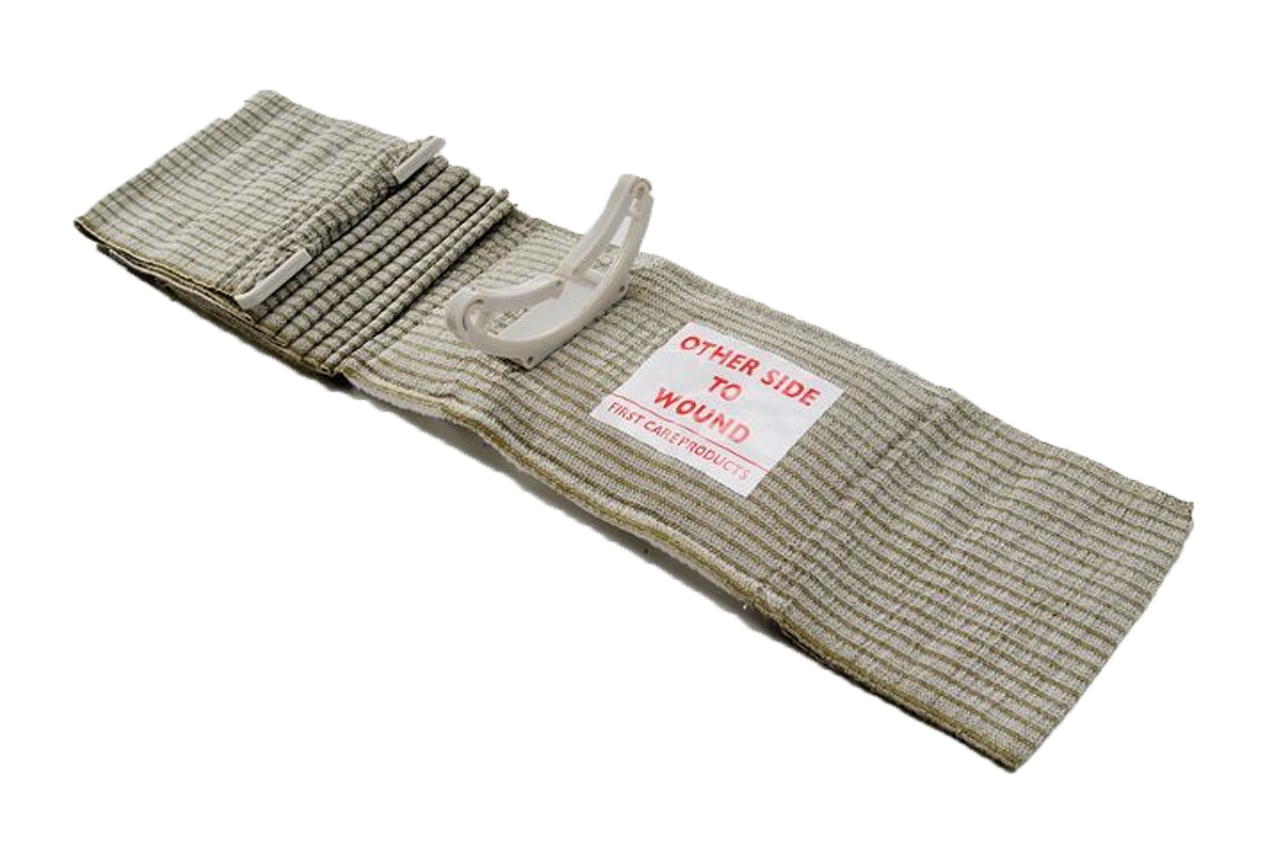
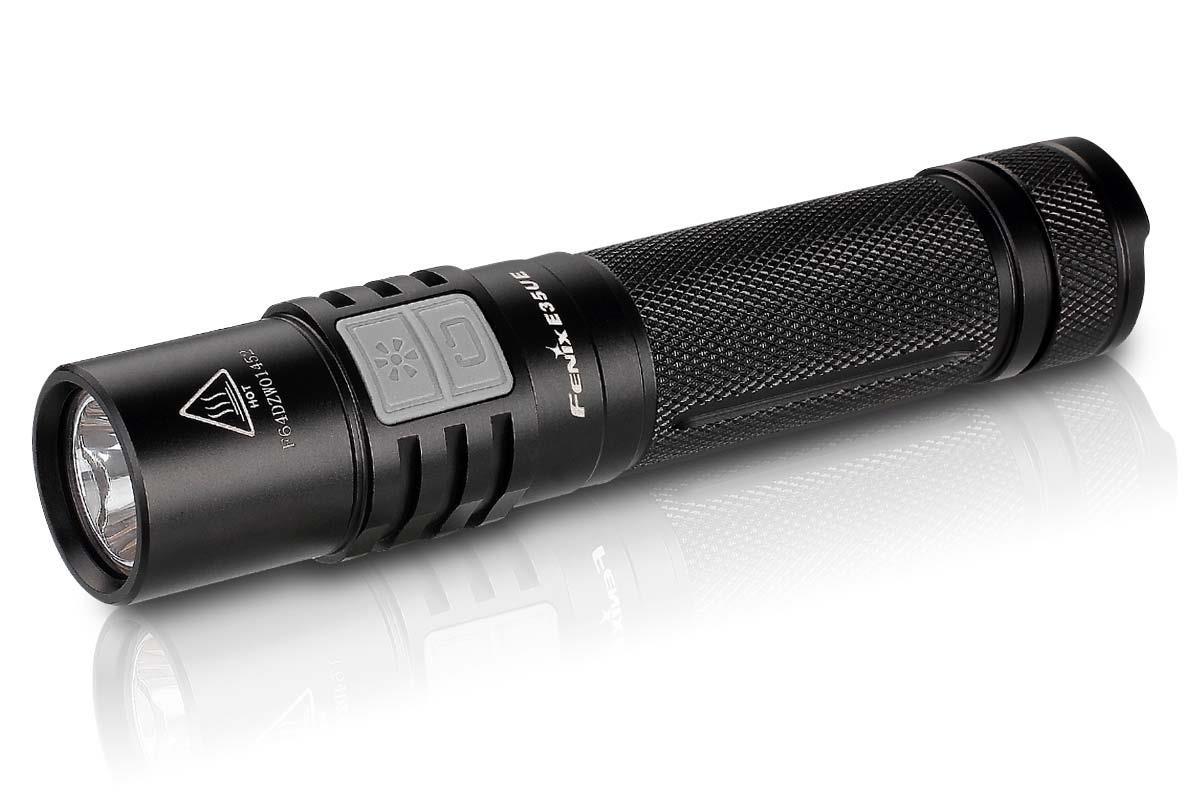
One day I’ll need to oil my Victorinox. And this post will really come in use.
We’ll be happy to help you 🙌
To my mind, mineral oil is a reliable choice for maintaining knives. It is cost-effective and highly effective. Many knife manufacturers also use this product.
I read and thought about frequency. I do not oil my knife after every use, but should I?
Oiling your knife after every use is not necessary for most knife maintenance routines. However, it is beneficial to periodically apply oil to your knife to ensure proper lubrication and protection against rust and corrosion. The frequency of oiling depends on several factors, including the type of knife, the environment it is exposed to, and how frequently it is used. Here are some guidelines to consider:
📌 Frequency of Use: If you use your knife heavily or regularly, it’s a good idea to oil it more frequently. The constant use and exposure to moisture, food residues, and other environmental factors can increase the likelihood of rust or corrosion.
📌 Environment: If you live in a humid climate or near the coast where moisture levels are higher, it is advisable to oil your knife more often to provide additional protection against rust.
📌 Stainless Steel vs. Carbon Steel: Stainless steel knives are generally more resistant to rust and corrosion than carbon steel knives. However, both types can benefit from oiling. Carbon steel knives typically require more attention as they are more susceptible to rust.
📌 Storage Conditions: If you store your knives in a damp or humid environment, it is crucial to apply oil more frequently to prevent moisture-related issues.
I purchased ABC Knife Oil to maintain my knife collection, but unfortunately, it didn’t live up to my expectations. While the oil provided some level of lubrication, it seemed to wear off quickly, requiring frequent reapplication. Will certainly try one from your list
I recently started using Kershaw knife Oil for my collection of knives, and I’m extremely pleased with the results. This knife oil has exceeded my expectations in terms of lubrication and rust prevention. The application process is straightforward, and a little goes a long way.
Hello. I am not sure but it seems to me it is okay to take olive oil and use it. It can be found in every house
Yes, you can use olive oil to oil your knife. Olive oil is a common household item and can be used as a makeshift knife oil in a pinch. However, there are a few considerations to keep in mind:
🟡Rancidity: Olive oil can become rancid over time, especially when exposed to air and light. This can leave a residue on the blade and potentially affect its performance. If you choose to use olive oil, make sure to clean and reapply it regularly to prevent rancidity.
🟡Food Safety: If you use your knife for food preparation, using food-grade oils like olive oil is generally safe. However, be mindful of any allergies or sensitivities that you or others may have to olive oil.
🟡 Rust Protection: While olive oil can provide some level of rust protection, it may not be as effective as specialized knife oils or lubricants designed specifically for that purpose. If you live in a humid environment or have knives that are prone to rust, it’s advisable to use a dedicated knife oil for better rust prevention.
🟡 Residue and Cleaning: Olive oil can leave a residue on the blade and attract dirt and debris over time. Ensure that you clean your knife thoroughly before applying olive oil and wipe off any excess oil after application.
In summary, while olive oil can be used as a temporary solution for knife lubrication, it may not provide optimal performance or long-term protection compared to dedicated knife oils. If you frequently use and value your knives, investing in a quality knife oil specifically designed for blade maintenance is recommended.
Good info, thank you! I was using gun oil to lube my SAK, but after reading that article I’ll start using special knife oil
Thank you for your opinion👍
Thank you for the informative post! I wanted to mention that Ballistol is another food-safe option that can also be used on knives and firearms. It may be a bit pricier than mineral oil, but it’s a versatile option to have on hand.
Thank you for your feedback👍